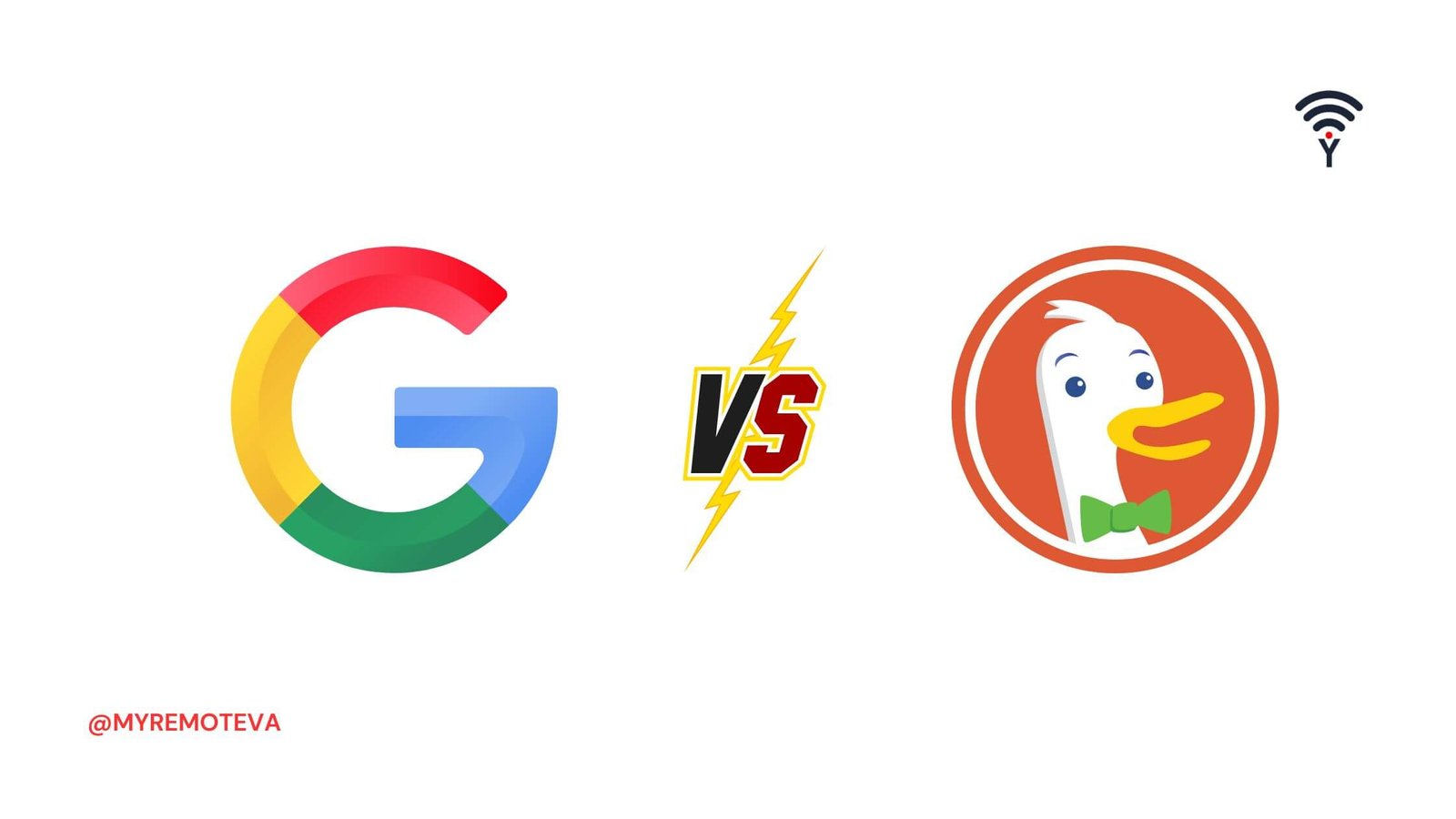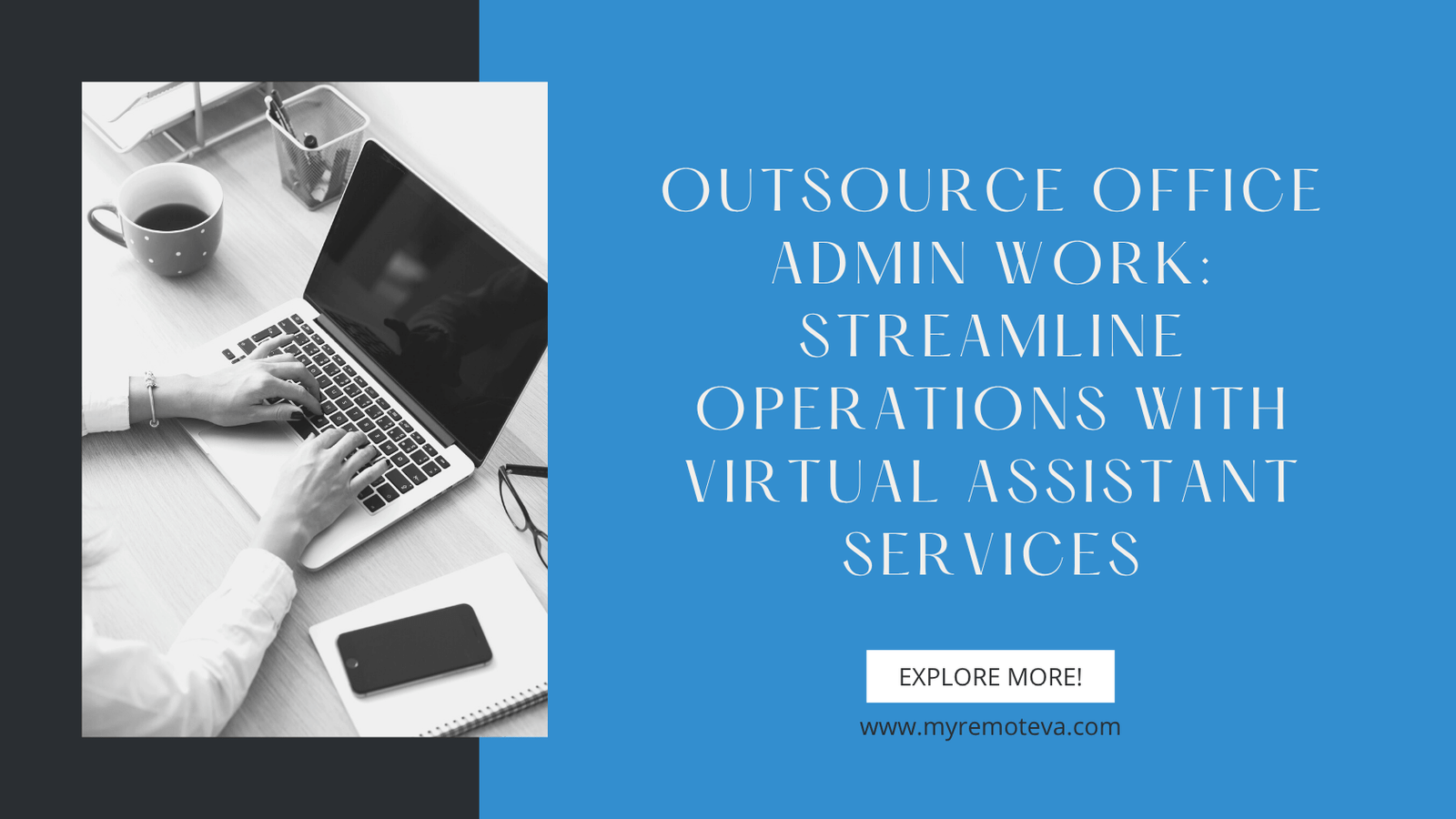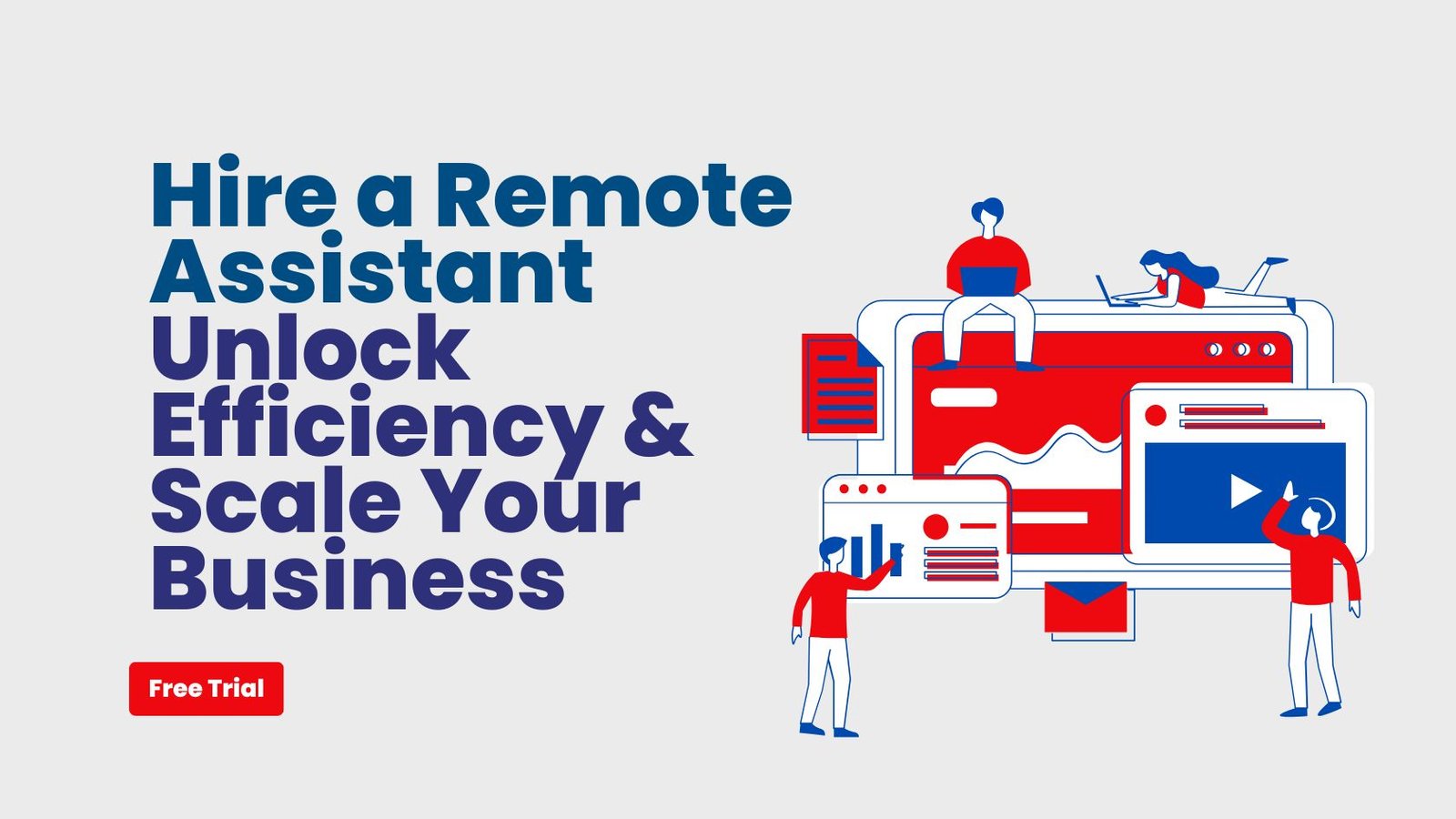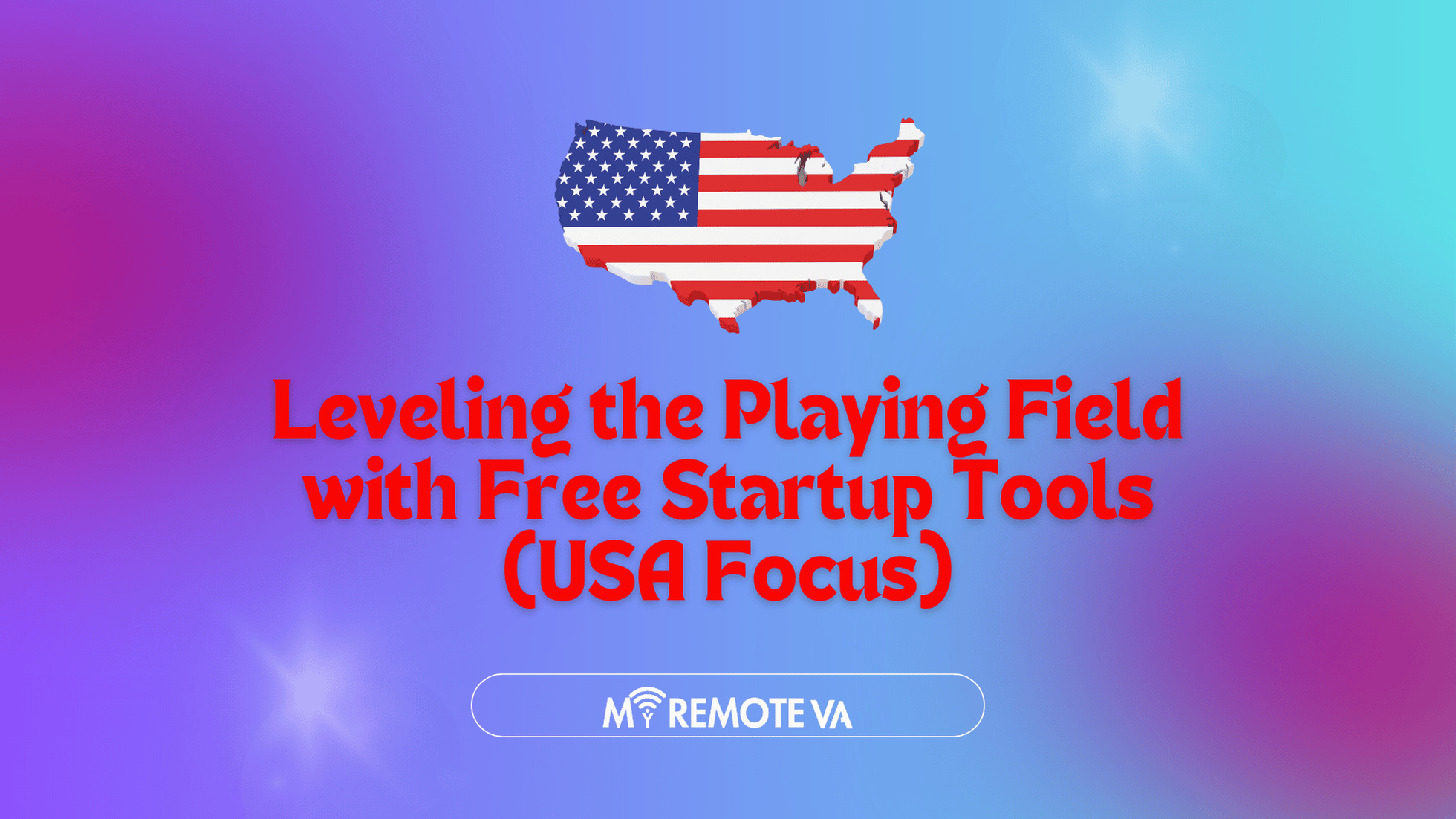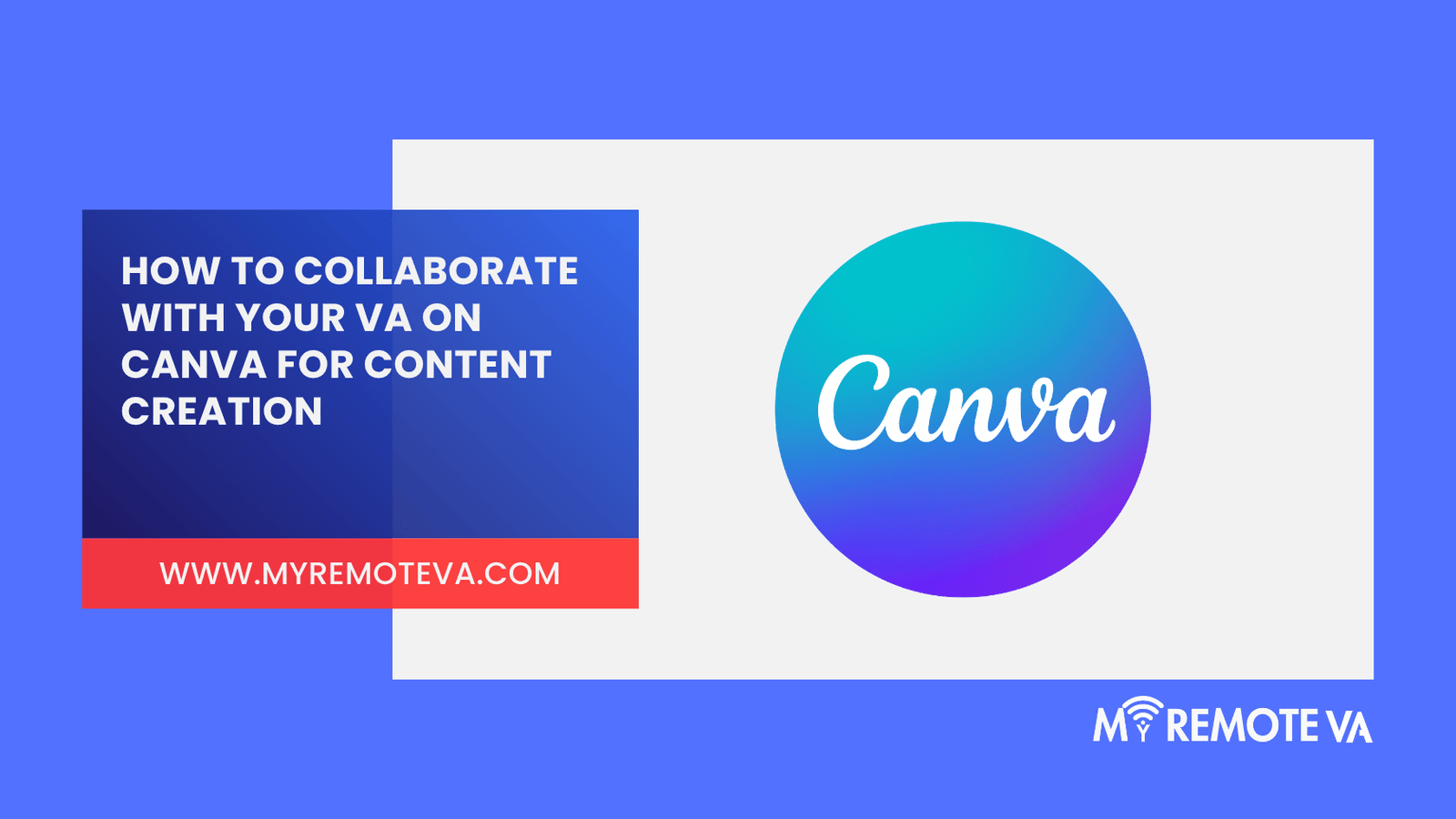We’ve all been there. You need to find something online, and what do you do? You “Google it.” It’s not just a company name anymore; it’s a verb, a reflex, a digital habit. But have you ever stopped to think about what happens behind the scenes of that simple search? What if there was a way to get the answers you need without feeling like you’re leaving a trail of digital breadcrumbs everywhere you go? That’s the heart of the great DuckDuckGo versus Google debate, and frankly, it’s a conversation that’s become more urgent than ever.
The choice between these two isn’t just about which one gives you the better results. It’s about what you value more in your online life: the sheer convenience and almost psychic personalization that comes with Google, or the ironclad privacy and refreshing anonymity that DuckDuckGo promises. For a long time, I never really thought about it. I just used Google because, well, that’s what everyone does. Then something happened that made me pause. I was planning a trip and looked up flights to a specific city. For the next few weeks, my social media feeds were flooded with ads for hotels, rental cars, and tours in that exact destination. It was useful, sure, but it also felt a little creepy, like a silent digital stalker had moved into my browser. That feeling of being watched, of having my every move recorded for some unseen algorithm, is a big reason why more people are starting to question the status quo.
So, is one the clear winner? I wish it were that simple. The truth is, the answer totally depends on you. It’s a personal trade-off. To figure out which one is right for your needs, you have to look past the surface and understand the fundamental differences in how they operate, from the way they think about your data to the way they actually show you results.

Google vs. DuckDuckGo: The Battle of Ideologies
The philosophical divide between these two tech giants couldn’t be wider. Google’s entire empire is built on the idea that the more they know about you, the better they can serve you. It’s a genius business model, really. Every time you search, click a link, or even just browse a YouTube video, it’s a new piece of data for your profile. This profile is what helps them deliver lightning-fast, hyper-relevant results. When you ask for a “sushi restaurant near me,” Google doesn’t just show you a list; it knows where you are, it knows what time it is, and it probably knows which spots are most popular with people like you. It’s incredibly convenient, no doubt. But it comes at the price of your data, which is then used to sell you highly targeted ads. It’s a service, but you’re also a product.
DuckDuckGo, on the other hand, stands on the principle of absolute privacy. Their motto could be “your business is your business.” They promise they don’t save your search history, they don’t track you with cookies, and they never log your IP address. That means when you search for something, your results are exactly the same as everyone else’s, no matter their location or past search habits. This is a huge deal because it shatters the “filter bubble” that so many of us get trapped in—a world where the results we see only reinforce what we already believe. If you’re looking to take back some control over your digital footprint and reclaim your online anonymity, DuckDuckGo is the answer. It’s also an important topic for anyone who is considering a virtual administrative assistant since a key part of that working relationship is trust and privacy.
Search Experience: Is More Always Better?
When you look at the two search pages, the difference in design and philosophy hits you right away. Google’s is a busy, bustling city of information. Search for a famous author and you get a comprehensive knowledge panel with a bio, a list of their books, and links to their social media. Look up the weather, and you get an interactive forecast that feels almost like a mini-app. It’s designed to be an all-encompassing, one-stop shop. It wants to give you so much that you never have to leave its ecosystem.
DuckDuckGo feels more like a quiet, uncluttered library. The search page is clean and simple. While it does provide its own “Instant Answers” for quick facts, its main job is to get you to the information you need and then step aside. It doesn’t try to keep you on its site with endless related content. It’s a focused, direct, and straightforward tool, a testament to the idea that simplicity can be powerful. This kind of streamlined efficiency is the same reason a virtual assistant for administrative tasks is often so effective—they cut through the noise to get the job done right.
Ready to Save Time? Meet “Bangs”
One of the coolest things about DuckDuckGo is a little-known feature called “Bangs.” It’s a game-changer. A bang is a shortcut that lets you search directly on thousands of other websites right from the DuckDuckGo search bar. For example, if you want to find “the best pasta recipes” on Pinterest, you just type “!pinterest best pasta recipes” into DuckDuckGo. Boom. You’re taken straight to the Pinterest search results page. It’s a massive time-saver and it shows how DuckDuckGo is committed to giving you more control over your search journey, not less.


The Money Question: A Tale of Two Models
If you’re wondering how a privacy-focused company can possibly make money, you’re not alone. This is where the business models truly diverge. Google’s revenue is a direct result of its data collection. They know so much about you that advertisers pay a premium to show you ads they know you’ll be interested in. My hiking boot ad experience is a perfect example. It’s an incredibly profitable and efficient system, but it relies on constant data analysis and tracking.
DuckDuckGo takes a completely different road. They make money from ads, too, but they’re not targeted. The ads are based on the keywords in your search query—and only that. If you search for “best laptops,” you’ll see ads for laptops. Simple. Clean. No data is collected or sold. This “private ads” model proves that you can be a successful business without invading people’s privacy. They also earn a small commission from affiliate partnerships with major retailers like Amazon and eBay. It’s a transparent and ethical approach to making money that aligns perfectly with their mission.
So, What’s the Right Choice for You?
Choosing between DuckDuckGo and Google isn’t a battle of good versus evil; it’s a matter of personal preference and priority. Do you value the highly personalized, often startlingly accurate experience that comes with giving up some of your data? Or are you more concerned with maintaining your privacy and getting unbiased, untracked search results?
Honestly, there’s no wrong answer here. It’s not a black-and-white decision. For me, I find myself using both. If I’m looking for the perfect coffee shop on a new street, I’ll pull out Google Maps because it’s fast and accurate. But if I’m doing research for a new project or just want to browse the web without feeling like I’m being watched, I’ll fire up DuckDuckGo. The best approach is to be an aware consumer of technology. Understand what each tool is giving you and what it’s taking in return, and then make a choice that feels right for you.
Need a Quick Answer? Here’s a Little Summary
Let’s boil it all down. When you’re trying to decide between Google and DuckDuckGo, it’s all about the trade-off. Google offers a super-personalized experience by collecting and using your data, while DuckDuckGo gives you a completely private experience by collecting absolutely nothing. This core difference affects everything from how your search results look to how they make their money. Ultimately, it’s up to you to decide which philosophy fits your needs best.
- Your Data: Google tracks everything—your search history, location, clicks—to build a personal profile. DuckDuckGo promises zero tracking for total anonymity.
- Results: Google’s results are fine-tuned to your personal history, which can lead to a “filter bubble.” DuckDuckGo provides the same, unbiased results to everyone.
- Interface: Google has a feature-rich, integrated design that keeps you in its ecosystem. DuckDuckGo is all about simplicity and speed, with neat features like “Bangs” to jump to other sites.
- Money Talk: Google makes its fortune from highly targeted ads based on your personal data. DuckDuckGo’s income comes from contextual ads based on what you’re currently searching for, plus some affiliate links.
FAQs: Answering Your Top Questions
Is DuckDuckGo search really better than Google?
The term “better” is subjective here. DuckDuckGo is better if your primary concern is privacy and avoiding the “filter bubble.” If you’re looking for an incredibly integrated and personalized experience with quick answers to complex queries, then Google is likely a better fit.
Does Incognito mode on Google offer the same privacy as DuckDuckGo?
Not at all. Incognito mode just means your local browsing history isn’t saved. Websites, your internet provider, and Google itself can still track your IP address and online activity. DuckDuckGo is a different beast entirely; it actively blocks trackers and doesn’t collect any of your personal information in the first place.
How can DuckDuckGo survive if it doesn’t track me?
It’s a common question, and the answer is simple: they use a different revenue model. DuckDuckGo makes money from ads that are based on the keywords in your search, not on a profile of your identity. So, if you type “kitchenaid mixer,” you’ll see ads for kitchen mixers. They also get a small commission from affiliate links when you click through to sites like Amazon and make a purchase.
Where does DuckDuckGo get its search results from?
DuckDuckGo uses a blend of sources to power its results. They have their own crawler, DuckDuckBot, but they also get results from a variety of partners, including Bing, and they pull instant answers from trusted sources like Wikipedia. It’s a mix-and-match approach that allows them to provide comprehensive and unbiased results without relying on a single, data-hungry source.
Is it okay to use both search engines?
Absolutely! I’d argue it’s the smartest way to go. You can set DuckDuckGo as your default for everyday, private browsing and then switch to Google for things like getting directions to a new restaurant. It’s about using the right tool for the right job and being mindful about your digital choices.

